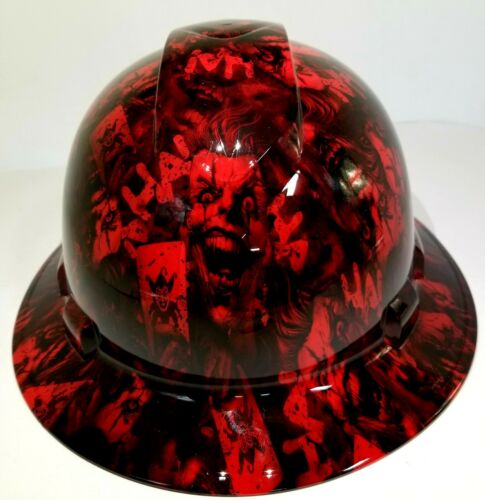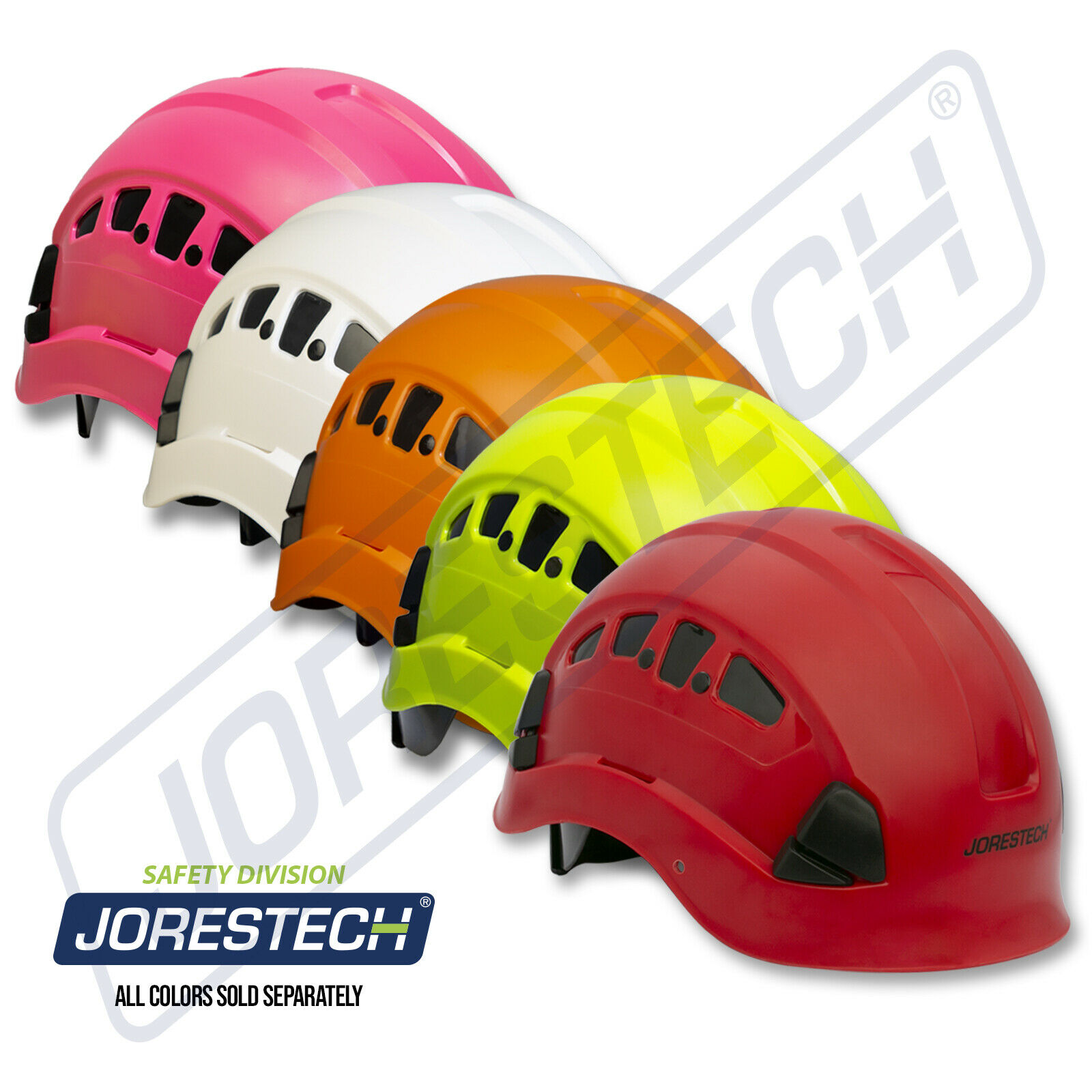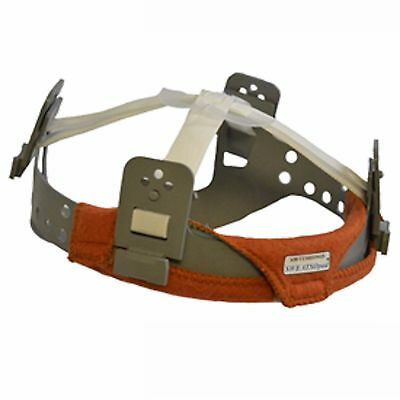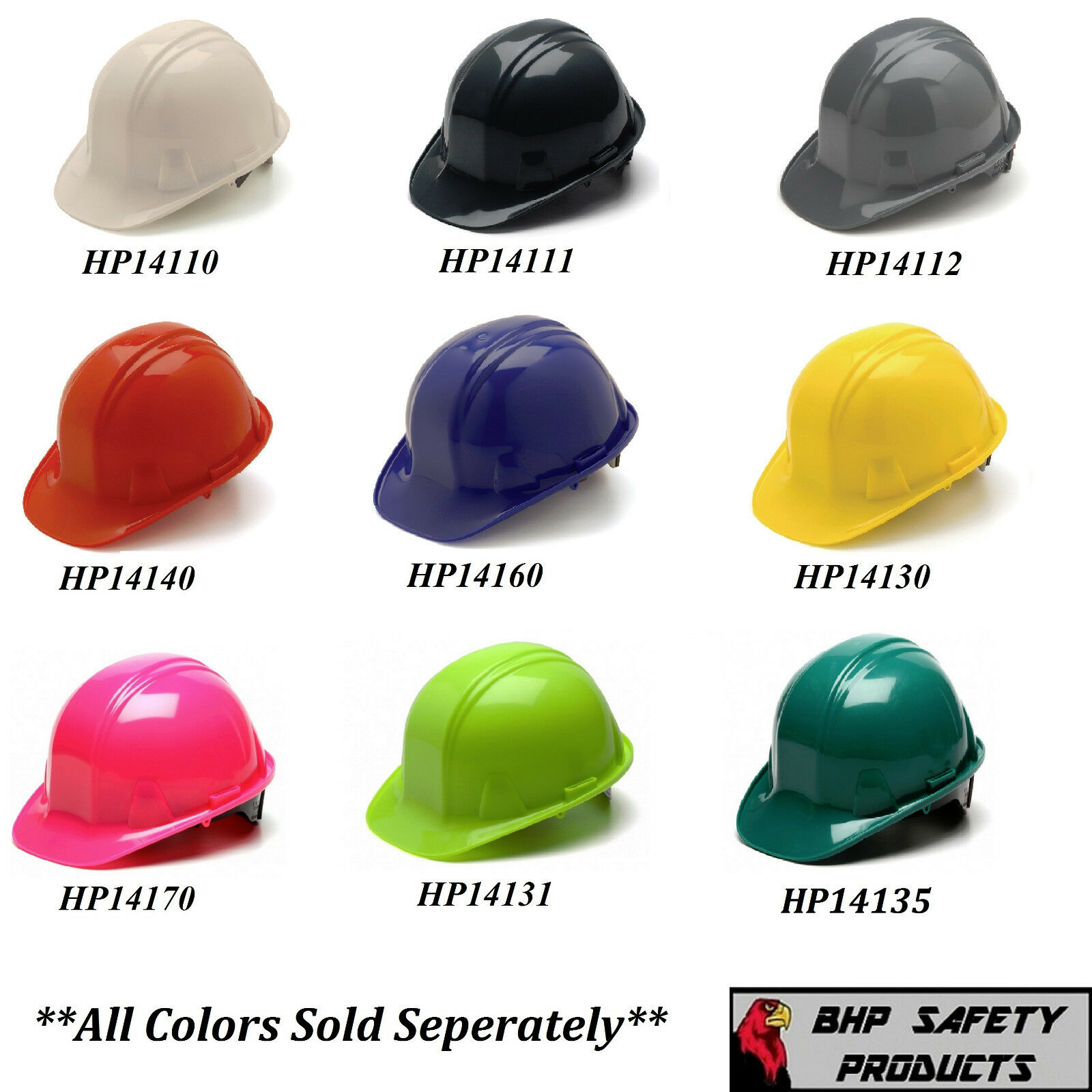-40%
FULL BRIM Hard Hat custom hydro dipped , NEW CANDY RED RADIATION JOKER HA HA
$ 25.33
- Description
- Size Guide
Description
For sale a genuineWET WORKS IMAGING
hydro dipped hard hat . That has been custom dipped and then clear coated for that mirror like shine you see in our photos . We are the only hydro dippers approved by the manufacturer to dip the Ridgeline hard hat . We meet stringent quality control guidelines that manufacturers demand , so you know you are getting a quality product . All Ridgeline hard hats that we sell are ANSI TYPE 1 CLASS C, G , AND E , OSHA APPROVED , and come with a fully adjustable swing and ratchet head gear that fits hat size 6 3/4 to 8. Padded rear section of head gear is a super nice touch not to mention the super soft replaceable front sweat band., the head gear is also fully adjustable front to back and up and down 2 different positions each and this is one of the lightest hard hats on the market coming in at under a pound WOW!!!!!!! This type of quality fit and finish and don't forget the
PRICE
. There's only one place to get all this .
WET WORKS IMAGING .
All of our hard hats comes with free shipping and the piece of mind you are getting the best in our opinion hard hat out there . All images will be as close to photos as possible , please bear in mind that hydro dipped hard hats are like finger prints two will look close but never the same . So yours will be unique to you and only you . All of our Ridgeline hard hats are direct bond to plastic application meaning no chance of the print lifting off of any of our hard hats , the clear coat may scratch but rest assured the print will not come off .
WET WORKS IMAGING
OFFERING UP TOP QUALITY CUSTOM HARD HATS AT A PRICE THAT CANT BE BEAT !!!!!!!!!
WET WORKS IMAGING
OSHA regulations mandate specific requirements for head protection in the workplace. As with many OSHA standards, these rules incorporate standards from the American National Standards Institute (ANSI). OSHA provides the regulations to follow, and ANSI provides the means to follow those regulations.
When Does OSHA Require Hard Hats?
OSHA has two standards that govern hard hat requirements:
29 CFR 1910.135 governs
29 CFR 1926.100 refers to
Both standards require workers to wear hard hats when there is a potential for head injury from “impacts, falling or flying objects, or electrical shock.”
This means that employers must provide hard hats and ensure that employees wear protective coverings in the following situations:
When objects or debris might fall from above and strike workers on the head
When employees may strike their heads against fixed objects, like supports, beams, or other equipment
When there is the possibility that workers’ heads will make contact with electrical hazards
In all cases, hard hats must meet OSHA head protection requirements.
When Does a Hard Hat Meet OSHA’s Requirements?
A hard hat that meets ANSI Z89.1 is OSHA compliant. 29 CFR 1910.135(b)(1) and 29 CFR 1926.100(b)(1) state that head protection must meet the 1997, 2003, or 2009 editions of ANSI Z89.1, or be shown to offer equivalent or better protection.
This standard defines:
Types and classes of hard hats for specific hazardous situations
Design and performance requirements for impact, penetration, and electrical shock
Testing requirements to ensure OSHA compliance
Although manufacturers typically test and certify their products, employers need to verify that their hard hats meet OSHA’s requirements.
What Are the Different ANSI Hard Hat Categories?
ANSI Z89.1 defines two types of hard hats and establishes three classes of hard hats based on the level of electrical hazard protection provided.
Hard Hat Types:
The two types of hard hats are defined by the area of the head that is protected.
Type I offers protection to the top of the head and is commonly used in the United States
Type II offers protection to the top and sides of the head and is commonly used in Europe
Hard Hat Classes:
The three classes are based on the level of protection they provide from electrical hazards.
Class G (General) hard hats are rated for 2,200 volts
Class E (Electrical) hard hats are rated for 20,000 volts
Class C (Conductive) hard hats do not offer electrical protection
Does My Hard Hat Meet ANSI Requirements?
Each revision of the ANSI Z89.1 standard has specific labeling requirements for hard hats. Each hard hat must have the following information clearly marked inside the hat:
Manufacturer's name
ANSI standard that the hard hat conforms with, such as "ANSI Z89.1-2009"
ANSI type (type I or II) and class designation (G, E or C)
Size range for fitting
Date of manufacture
If the hard hat meets Z89.1-2009, it must also contain the following as required:
Two arrows curving to form a circle when the helmet can be worn forwards or backwards
LT
– When the helmet is designed to provide protection at low temperatures 22 °F (-30 °C).
HV
– When the helmet meets all requirements for high visibility.
Instructions for care and use must accompany, but do not need to be included on, the hard hat.
If your hard hat does not have any of this information included, it may not comply with OSHA. Contact the manufacturer for documentation proving OSHA compliance.
When Do I Need to Replace My Hard Hat?
Hard hats must be replaced if they show signs of damage (dents, cracks, penetration, or fatigue due to rough treatment). It is essential to inspect hard hats for damage and signs of fatigue each time they are used. In addition to visual inspections, another way to test a hard hat is to grasp it in two hands and apply force by squeezing the hat. If you hear creaking or other unusual sounds, it is time to replace the hard hat.
While OSHA has no specific provision for an expiration date, manufacturers are allowed to determine if their equipment expires on a specific calendar date. In lieu of an expiration date, a generally accepted rule is to replace the support strap yearly and to replace the hard hat every five years. Harsh chemicals and extreme temperatures can make a hard hat degrade more quickly. Be sure to check with the manufacturer for guidelines on hard hat replacement and maintenance.
A hard hat may also expire if OSHA adopts more rigorous requirements. It is essential to regularly check OSHA STANDARDS
for changes that may require your PPE to be updated.
Can I Place Labels on My Hard Hat?
While ANSI Z89.1 does not restrict the application of hard hat labels, OSHA standard 1910.132(a) requires that PPE is “maintained in a sanitary and reliable condition.”
, OSHA explains that labels and paints may eliminate electrical resistance and can possibly “conceal defects, cracks, penetration, and any damage that would be otherwise readily identifiable.” OSHA goes on to explain that any labels or paint used on hard hats must comply with manufacturer’s instructions, or the employer must demonstrate that the labels do not affect the reliability or “reduce the ability to identify defects.”
In short, labels are acceptable if they do not adversely affect a hard hat’s protective rating or make it more difficult to find potential defects and damage.
Some beneficial uses of labels include placing names, titles, and certifications on hard hats. Labels with names and titles can help identify workers in emergencies, while certifications can help identify when workers are authorized to be in specific areas. In all cases, labels should be used strategically, to convey information when needed. Labels should not be used for purely decorative purposes.












